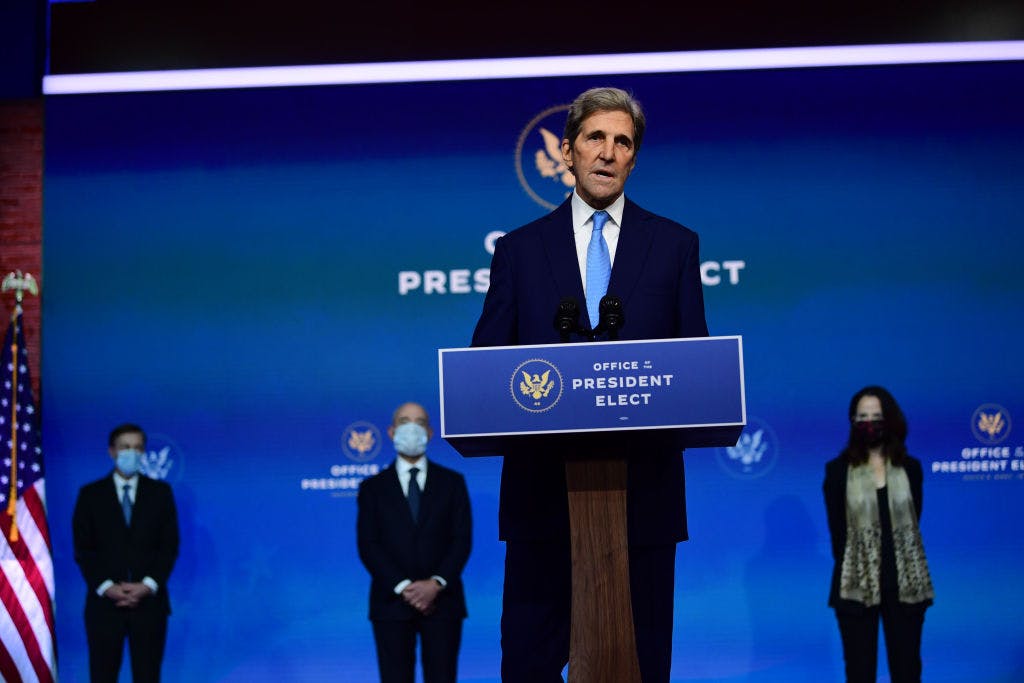|
 Mark Makela/Getty | |||
| The big climate news this week is that President-elect Joe Biden has named his top foreign policy advisers—among them Antony Blinken to secretary of state and former Secretary of State John Kerry as the inaugural climate envoy, operating within the National Security Council. It’s encouraging that the incoming administration has created a new post dedicated to fighting climate change. And Kerry isn’t a Johnny-come-lately on this issue: Back when he was a Massachusetts senator, in 2001, and the Senate was evenly split, he publicly threatened to filibuster any proposal to drill for oil in the Arctic National Wildlife Refuge. More recently, in 2019, he founded the bipartisan climate group World War Zero. But as The New Republic’s Kate Aronoff pointed out on Monday, both of these men previously promoted the Obama-era “all of the above” energy policy, which included advocating for huge growth—climatically disastrous growth, we now know—in the natural gas industry. They’re part of a generation of policymakers who thought you could simply encourage renewables without actively winding down fossil fuels—something most climate experts now say is wildly unsustainable and dangerous.
At Apocalypse Soon and TNR more broadly, we’re accustomed to complaints from those who think we’re too hard on politicians—and Kate’s piece was no exception. With the Trump administration only grudgingly allowing the formal transition process to proceed this week, isn’t it too soon to attack Biden’s choices? One reader thought so. But we don’t have much time left to act ambitiously on climate change. It’s hard to think of a more urgent moral imperative than slowing U.S. emissions and fossil fuel production, whose knock-on effects will disproportionately be felt by those already in dire straits. And there’s a clear takeaway from the criticism of Kerry’s and Blinken’s pasts: As Inauguration Day nears, citizens and journalists alike might want to apply an extra level of scrutiny, asking whether Kerry and Blinken have thought better of their former positions. Criticism isn’t idle negativity. It shows how we can do better. Criticism is, at rock bottom, an expression of hope. —Heather Souvaine Horn, deputy editor | |||
| Advertising  | |||
 | |||
 | |||
| The first-ever warning labels on gas pumps, noting fossil fuels’ contribution to climate change, are set to appear in Cambridge, Massachusetts (all hail the People’s Republic), in December, according to NBC10 Boston. The labels won’t magically change the nation’s emissions, but Earther’s Dharna Noor explains their point. | |||
 | |||
| The acting head of the Office of the Comptroller of the Currency, appointed by Trump in May, has announced a new rule to keep banks from divesting from unsavory businesses like fossil fuel companies. The office has called it a “rule to ensure fair access.” | |||
 | |||
 | |||
| That’s the height at which researchers found microplastic pollution on Mount Everest, according to a newly published study. “With plastic debris revealed in 2018 at the deepest point on Earth, the Mariana Trench,” The Guardian’s Damian Carrington wrote in reporting the news, “it is now clear that humanity’s litter has polluted the entire planet.” | |||
 | |||
| Can dogs smell Covid? Here’s what the science says | |||
| Lines have grown at Covid-19 testing sites across the country in the lead-up to Thanksgiving—a problem expected to continue through the December holiday season. Experts have cautioned that the tests aren’t 100 percent accurate; even so-called PCR tests have a significant number of false negatives. What if there were a way to expand capacity and increase accuracy at the same time? A handful of scientists and dog trainers think they might just have the answer. (Caution: This research has not been peer-reviewed.)
| |||
| Holly Else | Nature | |||
| Advertising  | |||
 | |||
| Support Independent, Issue-Driven Journalism | |||
| | |||
| Copyright © 2020, The New Republic, All rights reserved. | |||
